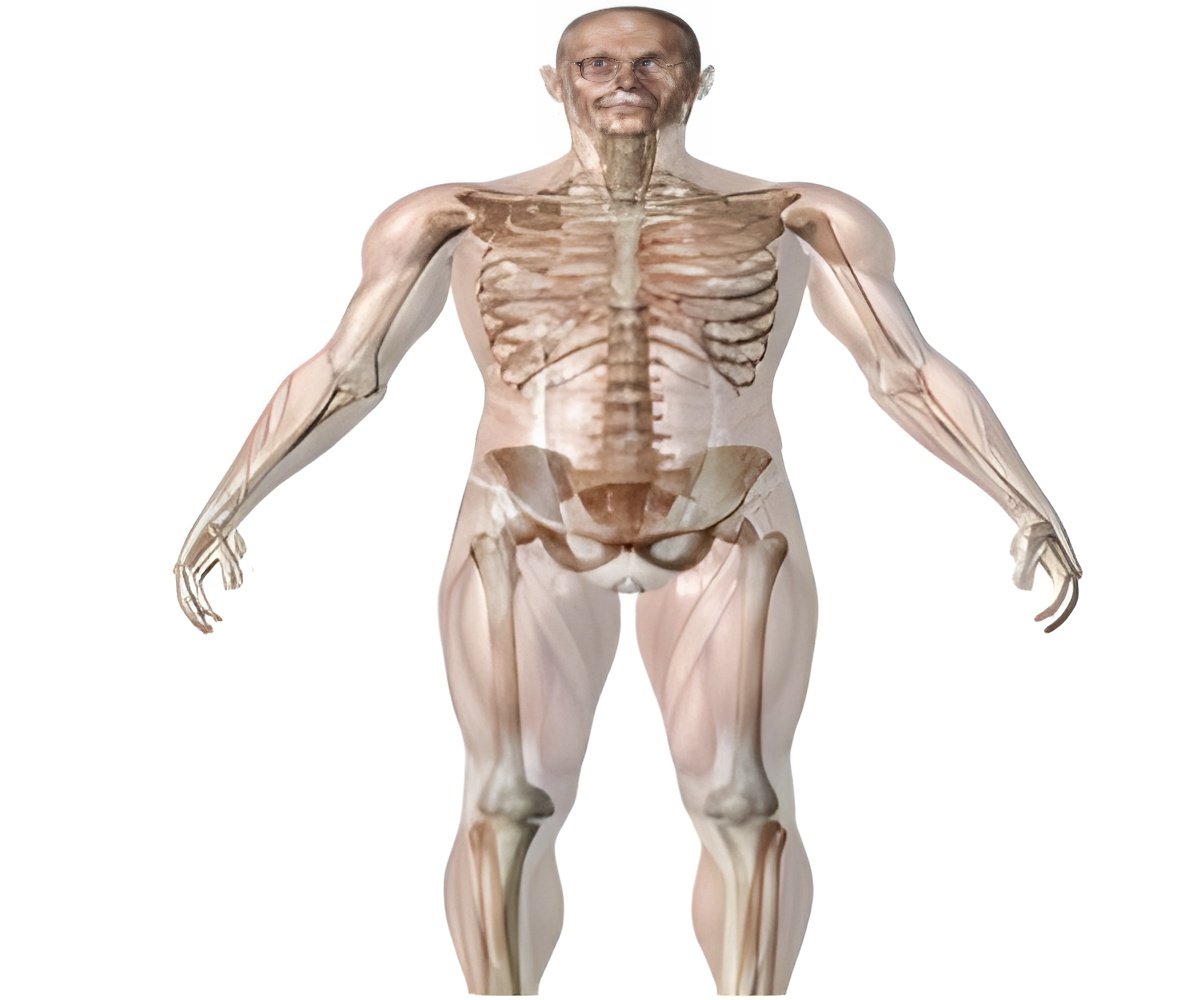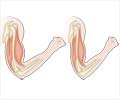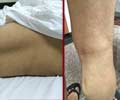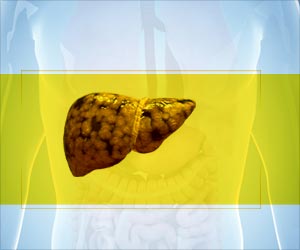Biological mechanisms and biomarkers that make a person more susceptible to muscle weakness later in life discovered.

‘Biological mechanisms and biomarkers that make a person more susceptible to muscle weakness later in life discovered. People with muscle weakness share common genetic pathways with metabolic diseases such as type-2 diabetes, and autoimmune disease like osteoarthritis, and rheumatoid arthritis.’
Read More..




Sarcopenia which is a type of muscle loss leading to severe weakness occurs with aging. This can impact the patient’s everyday life. Sarcopenia is experienced by 10 per cent of people over 50. This disease is linked to higher death rates. Many causes can impact likelihood of developing this weakness.Read More..
In a genetic analysis of over 250,000 people aged over 60, the team led by researchers at the University of Exeter looked at handgrip strength, using thresholds of muscle function loss derived from international definitions of sarcopenia.
The team then conducted genetic analysis and found that specific biological mechanisms push some people towards sarcopenia, whilst protecting others. The study identified 15 areas of the genome, or loci, associated with muscle weakness, which also included 12 loci not implicated in previous analyses of continuous measures of grip strength.
Other causes of sarcopenia include biomarkers in blood like red blood cells and inflammation. Together, these results highlight specific areas for identifying those at most risk or for intervention.
Lead author Garan Jones said, "The strongest associations we found were close to regions of the genome regulating the immune system, and growth and development of the musclo-skeletal system. However we also discovered associations with regions not previously known to be linked to musclo-skeletal traits.”
Advertisement
Garan Jones added, “We hope that by understanding the genetic contributions to muscle weakness with age, we will be able to highlight possible therapeutic interventions earlier in life, which would lead to a happier and healthier old age."
Advertisement















